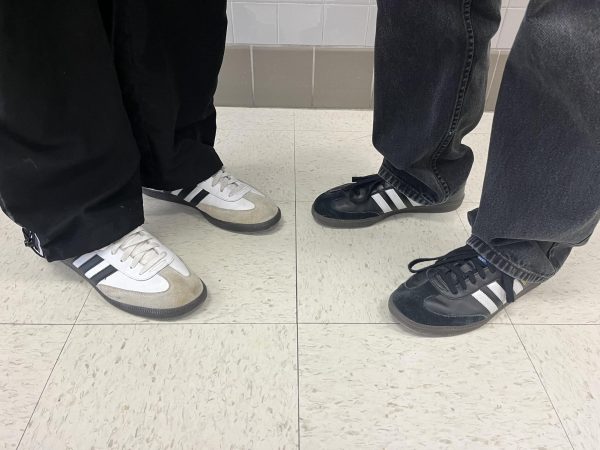Are designer babies a good idea?
Imagine a world where parents are able to pick and choose the traits they want for their child. You could choose their eye color, hair color, height, gender, and any factor determined by genes.
This could be the new reality after a breakthrough by a Chinese scientist named He Jiankui from the Southern University of Science and Technology. Jiankui claims that he has created the world’s first genetically edited human babies. He did it, he says, to protect the twin girls from HIV, the virus that causes AIDS. He did this using a powerful new gene editing technique called CRISPR to perform genetic surgery on their DNA when they were just a single-cell embryo in his lab.
While Jiankui’s experiment is quite a breakthrough, it is very controversial. For one, no one knows whether Jiankui really did what he claims. His experiment hasn’t been verified by any independent scientists. But if he did what he says he did, it’s being widely condemned as irresponsible human experimentation.
It is a good thing if we are able to eliminate harmful diseases from the gene pool, but editing genes has serious ethical repercussions.
Because of the potentially expensive costs of the operation, it could lead to widening gap between the rich and poor. Those who could afford to have a “designer baby” could create a custom baby with blond hair and blue eyes, improved athletic abilities, enhanced reading or math skills and more. This would create an even greater disparity between the rich and the poor.
The ethical, as well as legal, issues posed by gene editing is a minefield, and there are not enough positives to outweigh the negatives.

Senior Luke Elkins is in his 3rd year in the A-Blast. He has previously been a staff writer and sports editor. He plays varsity soccer and plays...











